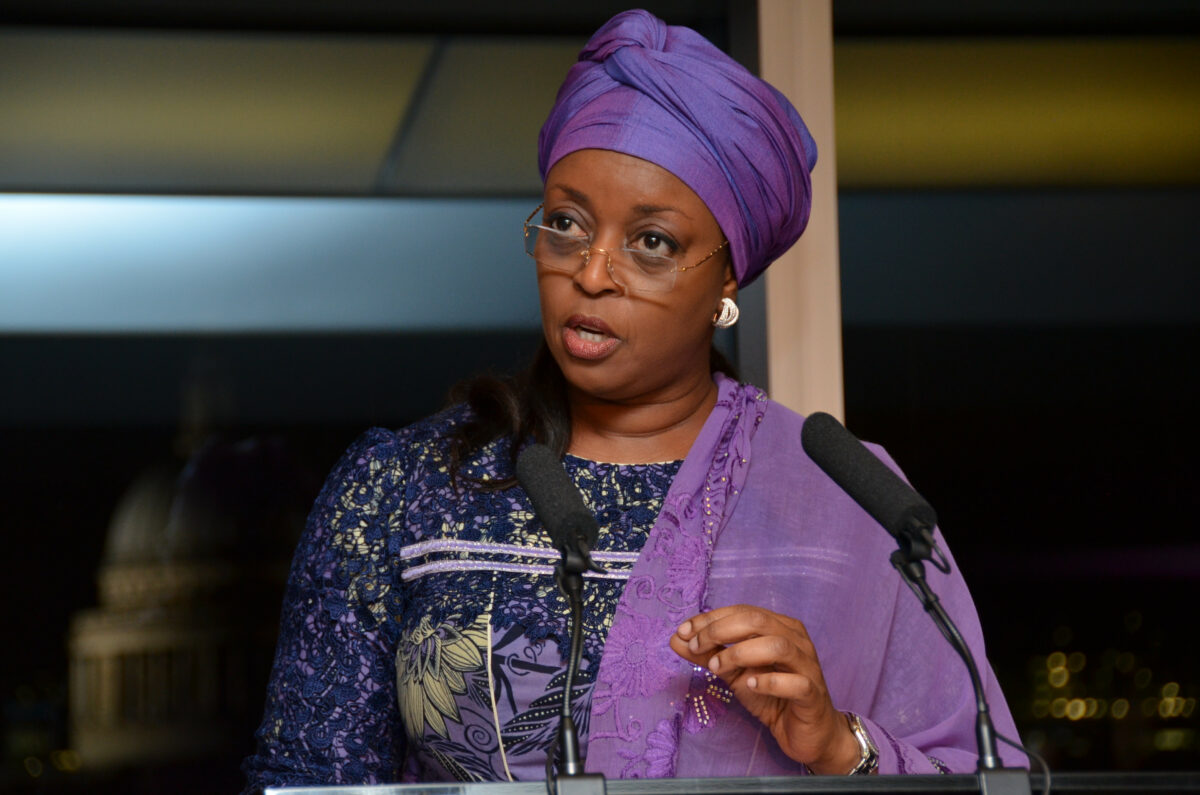Two weeks after General Muhammadu Buhari advised Nigerian journalists to stop identifying insecurity in Nigeria as “rising,” he took the problem to prayer in Saudi Arabia.
He recommended that the mass media select, instead, the “reality of declining insecurity.”
Insecurity in Nigeria is declining only in the minds of those who are protected day and night by the security forces. More and more Nigerians are learning not to leave their homes after dusk. In many places, parents keep their children away from school. Farms are deserted, as are inter-city travel, particularly at night.
Administration insiders respond with curious narratives. Writing in The Guardian (UK) on Wednesday, for instance, Special Assistant Tolu Ogunlesi cited “significant progress” on insecurity.
But two days earlier in the same newspaper, Peter Beaumont wrote that under Buhari, Nigeria’s fledgling democracy faced an uncertain future: “The mounting insecurity from banditry in the north-west, jihadist groups such as Boko Haram in the north-east, violent conflict between farmers and pastoralists across large swathes of Nigeria’s “middle belt”, and Igbo secessionists in the south-east calling for an independent Biafra once again, is driving a brain drain of young Nigerians.”
The insecurity “has also seen the oil multinational Shell announce that it is planning to pull out of the country because of insecurity, theft and sabotage,” he said, joining hundreds of businesses that have fled the country.
Chatham House’s Leena Koni Hoffman described the situation to The Guardian: “To give you an idea of the scale of the conflict happening in Nigeria, I could show you a map coloured pink for where violence is happening – it is pink all over.
“For a country that has not been at war since the Biafran war that ended in 1970 – and in the middle of the longest stretch of civilian democracy – to be experiencing this scale of intense violence should be alarming.”
Not only is that no progress, it contradicts the claims that Buhari advertised of his intentions and abilities when he campaigned for office.
As is the practice of the administration, however, Ogunlesi described Buhari as building a “legacy of hope.” In that regard, he celebrated the new Lagos-Ibadan rail line, describing it as an “achievement.”
But you cannot build hope on falsehoods. That rail line was supposed to have been completed in 2019, not 2021! It has become a contradiction in terms to speak of a meaningful project begun and completed by the Buhari administration.
What about maintenance? The trains of the Abuja-Kaduna line are not only ill-maintained, as they break down frequently, they are repeatedly attacked by criminals. The tracks were bombed last week.
So much then, for the “reality of declining insecurity.” What has consequently continued to decline is hope. That is why Nigerians learned with derision on Wednesday that Mr. Buhari arrived in Madinah for intense prayers” for peace and security in Nigeria.
This illustrates our problem: that those charged with important responsibilities resort to prayers and admonitions instead of performance. Buhari’s nepotism, among others, frustrates achievement.
Think about it: In his Future Investment Initiative speech in Riyadh, Buhari celebrated his so-called anti-corruption effort, and suggested that the TSA, BVN, and NIN “reforms” would attract investors to Nigeria.
“To further strengthen our anti-corruption drive, increase accountability and transparency, we have centralised government funds through a treasury single account, and ensuring that all Nigerians with a bank account use a unique Bank Verification Number.”
The problem is that in Nigeria, we consider the launch of an idea or project to be its success. Announcing a war on corruption is not a war. How is TSA to be considered a success, for instance, when many government institutions fearlessly avoid patronizing it?
The president himself announced a ban on medical tourism upon arriving in office, but he has routinely mocked the ban because he is above it. Is that a success?
And if BVN is a success, why has none—not one—of the crooks who established hundreds of accounts for nefarious purposes been prosecuted?
And consider the irony: Buhari, having just requested new foreign loans, also called for debt relief in his speech, reminding Nigerians of his embarrassing address at the United Nations last month.
“We cannot invest in humanity without relieving our countries from the crushing effects of the debt burden especially when the COVID-19 pandemic has increased the risk of deepening the debt portfolio of poor countries,” he declared.
Mercifully, the Senate finally seems to have woken up to its responsibility for his reckless borrowing. On Thursday, its Committee on Local and Foreign Debt angrily discarded his $700m loan request for Sustainable Urban and Rural Water Supply, Sanitation and Hygiene. Several members were outraged that previous water loans were not demonstrably used for that purpose.
Also before the Senate is another request for $200 million for the procurement of mosquito nets and malaria medicines that Nigerians can easily produce.
Three days ago, State House Permanent Secretary Umar Tijjani told a Senate Committee that the State House Medical Centre, alias Aso Rock Clinic, would be rebuilt in one year, starting tomorrow.
Now concocted as a 14-bed “presidential clinic,” Tijjani disclosed that it will be commissioned on December 31, 2022: five months before Buhari leaves office. The cost: an astounding N21 billion.
Not only does this price tag far exceed the combined allocations for all projects, in all 14 federal teaching hospitals nationwide, it screams incredulity. It screams of loss of perspective and priorities, which is what corruption is. And Buhari is “fighting” it!
Speaking of the c-word, the federal government last week listed for auction 1620 properties recovered across the country. They include houses and cars.
Prominent among those who allegedly forfeited the properties is Diezani Alison-Madueke, a former Minister of Petroleum Resources, the government prosecutes in the media like policemen parading suspects. Not only did the government recover real estate from her, it claimed to have recovered such personal property as shoes and blankets, “30 pieces of braziers” and “11 pieces of invisible bra.”
The government lies, and not just because it can see invisible items. I am not an Alison-Madueke fan. Indeed, in July 2017, I addressed her story. Some things, however, stretch the imagination. How did the woman ever wear waist trainers and suits and “braziers” or bras without panties? Where did her panties go? What other personal items are not listed?
Second, in its July 2017 asset forfeiture case, the United States detailed the Alison-Madueke’s acquisition of four million dollars’ worth of choice furniture in Houston.
“At least one of the items…has been matched by vendor number, item number, and store-issued control number to furniture discovered in Alison-Madueke’s residence in Abuja, Nigeria,” it said. But that furniture is not listed in the auction notice.
Finally, in April 2019, Buhari directed Finance Minister Zainab Ahmed to dispose of all assets recovered by his government since he assumed office within six months. In November 2020, he set up another committee, headed by Attorney General Abubakar Malami, again to sell off all such assets, also within six months.
Neither of those committees did business transparently, and it is anyone’s guess what was sold—if anything—and to whom.
The world guffaws.
This column welcomes rebuttals from interested government officials.
• @Sonala.Olumhense

 Join Daily Trust WhatsApp Community For Quick Access To News and Happenings Around You.
Join Daily Trust WhatsApp Community For Quick Access To News and Happenings Around You.


